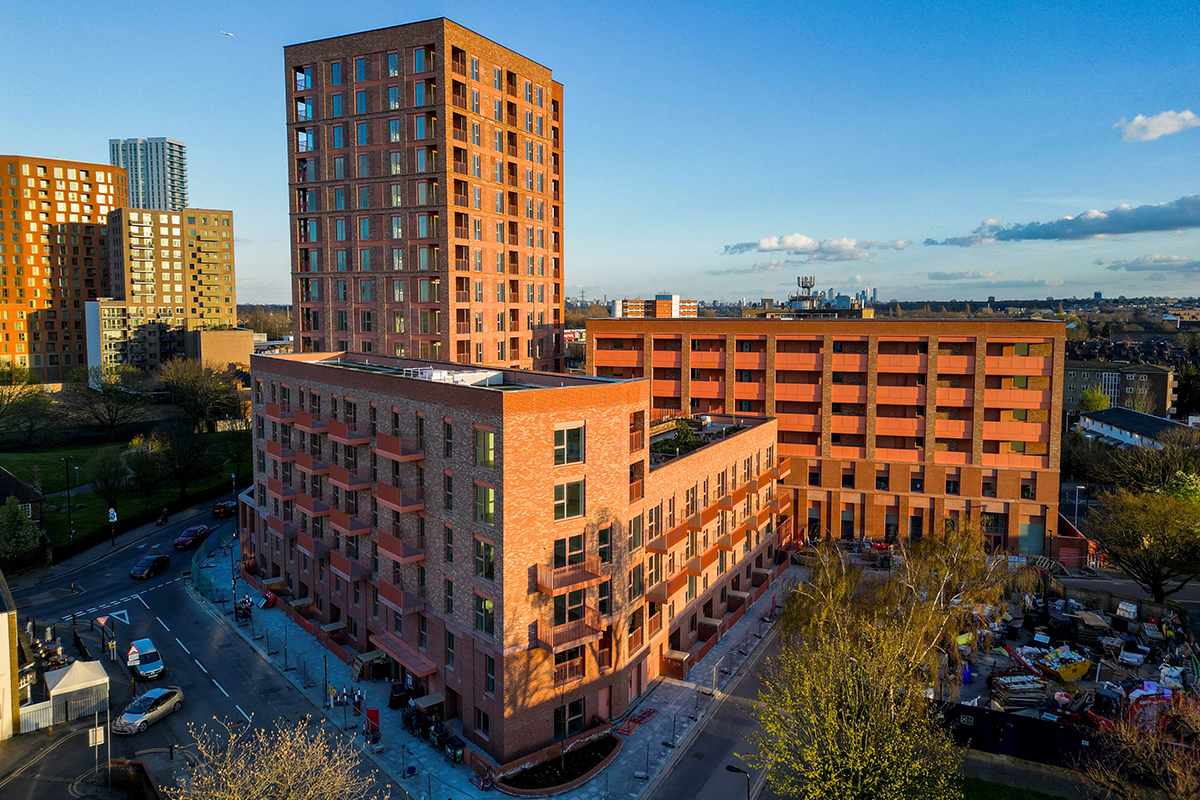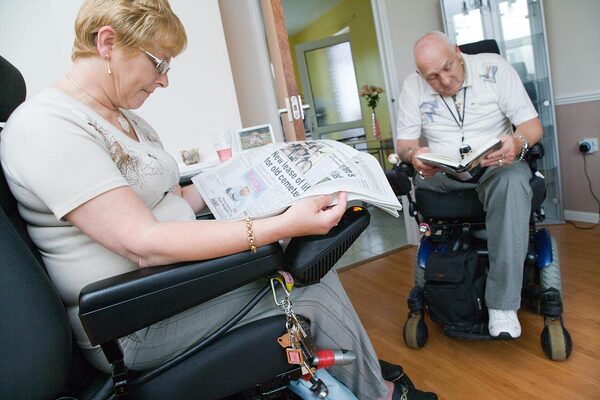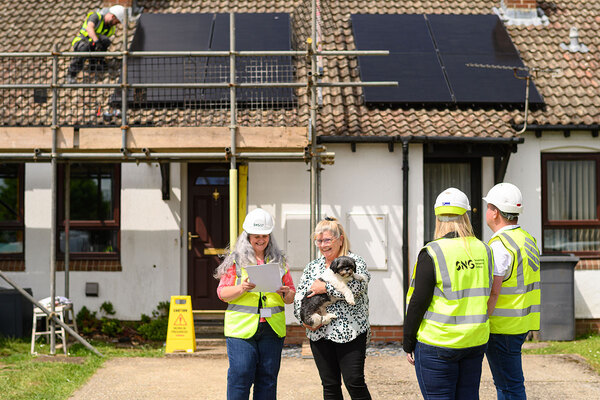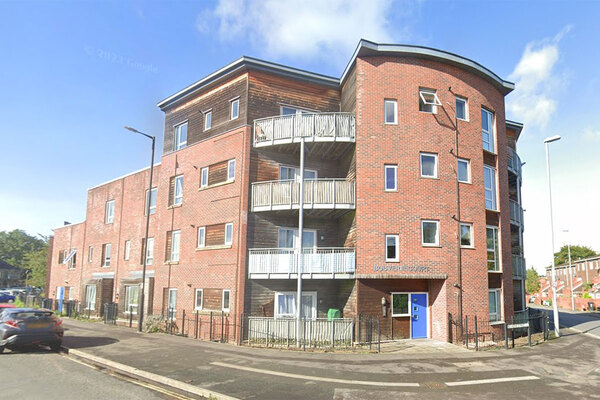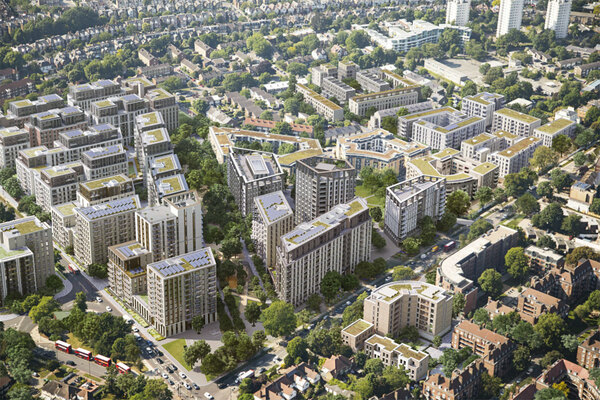You are viewing 1 of your 1 free articles
Disabled people living in unsuitable housing ‘for years without hope’, MPs say
Disabled people are being failed by the government’s housing policy and are living in unsuitable homes “for years without hope”, MPs have said.

A report by the cross-party Levelling Up, Housing and Communities Select Committee into disabled people in the housing sector concluded that they “undeniably encounter unnecessary and severe barriers to accessing suitable housing in England”.
Evidence from disabled people shared with the MPs included being “completely housebound” for long periods due to the inaccessibility of their homes; decades-long waiting lists for accessible social homes; significantly higher asking prices for accessible homes for sale; and some landlords denying permission for adaptations to make homes accessible.
Too often “too many disabled people are failed by the government’s current housing policy”, the report said, adding that it is “intolerable that many disabled people are living in unsuitable accommodation for years without hope”.
There was “little evidence” that the Department for Levelling Up, Housing and Communities (DLUHC) is treating disabled people’s needs as a priority in housing policy.
DLUHC has still not published its policy to increase the minimum accessibility standard for new build homes to the M4(2) building regulations, almost two years since it was announced and four years since it was consulted on.
Far too often, the report added, disabled people are “wrongly treated as a homogeneous group”, when they are individuals with different needs.
The report concluded that there is “simply not enough accessible housing” to meet rising demand, posing a “direct risk to the dignity, health, and well-being of disabled people across the country”.
The MPs urged DLUHC to implement its M4(2) policy as soon as possible and require all local authorities to include a minimum percentage of wheelchair-accessible homes in their local plans.
They also called for the current Disabled Facilities Grant to be uprated and expanded and said the new private rented sector ombudsman must consider all complaints, including a landlord’s refusal to grant permission for adaptations.
In 2018, the Equality and Human Rights Commission found that one in five disabled people in social housing live in unsuitable accommodation and that just 7% of homes in England have the most basic accessibility features.
In 2022, research by Habinteg Housing Association found that a wheelchair user joining a local authority waiting list may have to wait up to 47 years for a new build wheelchair-accessible home.
Christina McGill, director of social impact and external affairs at Habinteg, welcomed the MPs’ findings. She said: “The committee rightly emphasises the urgency of establishing the building regulations’ accessible and adaptable standard as mandatory for all new homes.”
The policy “will revolutionise housing options for disabled and older people”, she said, ensuring that all new homes will be “both easy and cost-effective to adapt to the changing needs of the people who live there”.
She added: “The committee’s firm recommendations underscore a critical need for change in approaches to housing accessibility. With our ageing population and increasing rates of disability, it’s critical that we make every new home part of the solution to the accessible housing deficit.”
Inside Housing understands that DLUHC has received the report and that the Disabled Facilities Grant is open to people of all ages and tenures.
Sign up for our regulation and legal newsletter
Already have an account? Click here to manage your newsletters

